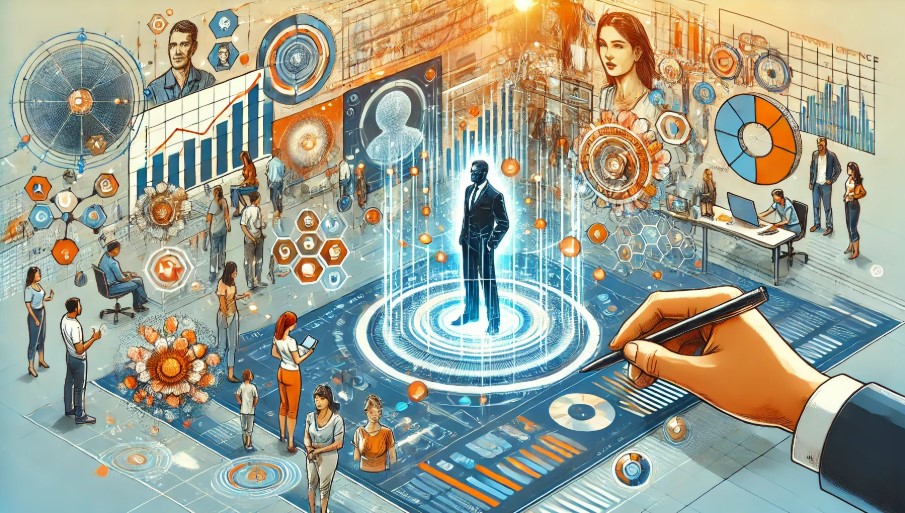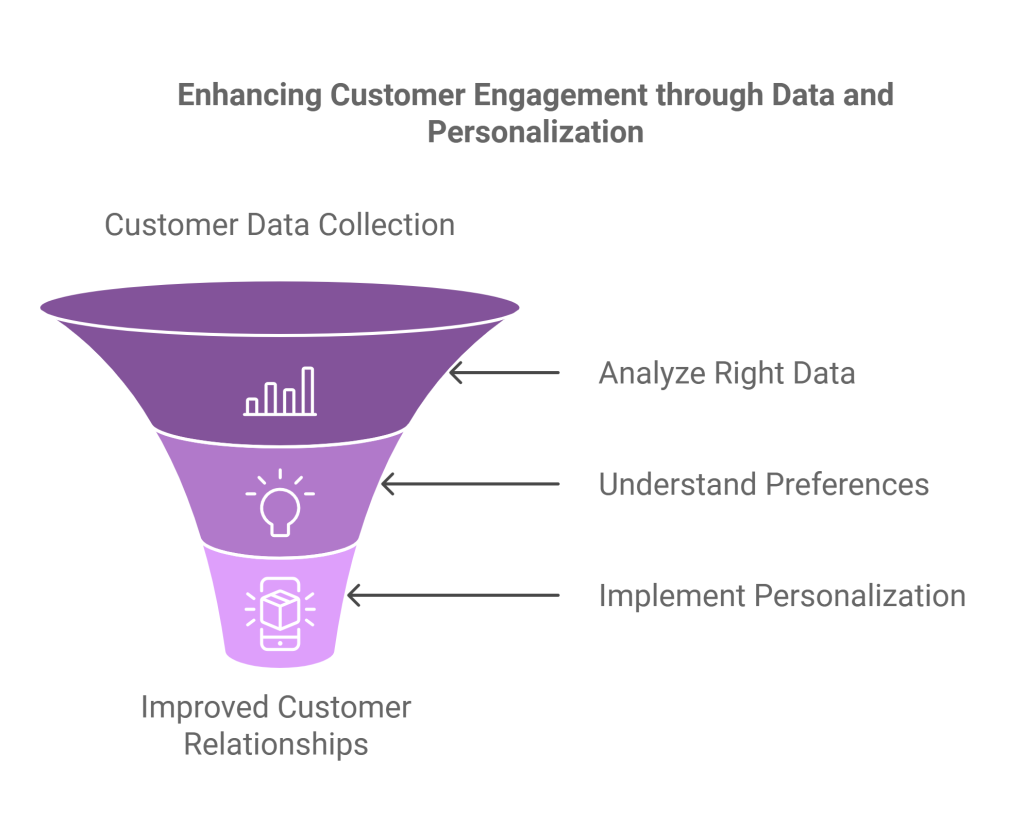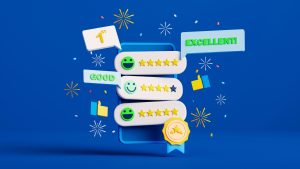Customer experience has always been a major concern for companies, both large and small. But there’s a new development on the horizon: customer science. Customer science affects customer experiences in major ways, and modern companies need to know the benefits of this unique approach and how to leverage it to maximize returns.
Today, let’s break down the rise of customer science in detail. We’ll explore how customer experiences are changing and the steps your company should take to stay ahead of the competition.

What Is Customer Science?
Customer science merges customer data, behavioral science concepts, and artificial intelligence technology. It’s a new way of looking at how customers behave, how companies can provide solutions to their target audiences, and more through data science principles.
In many ways, customer science is directly tied to similar technological concepts, like big data. However, customer science is more directly impactful to customer experiences than other business elements, such as manufacturing, marketing, etc.
Customer experience is broadly understood as:
- How a customer interacts with a brand through marketing or exploration
- The way a customer interacts with a brand through the sales funnel (from store visit to purchase or abandonment)
- How a customer experiences products or services from a brand
- How well a customer feels treated by a brand (i.e., did the brand remind them of their appointment, send a shipping notification, etc.)
Customer experience is massively important for companies regardless of industry. Why? If a buyer has a bad experience at a company, they’re unlikely to return even if the product they purchase is satisfactory.
In this light, customer science’s potential to improve customers’ experiences is an important development all company executives should pay attention to.
How Will Customer Science Impact the Customer Experience?
There are three main axes along which customer science will positively improve customer experiences for brands that lean into new technologies and strategies.
Customer Prediction
Firstly, customer science allows for better customer prediction. Most companies already do this to some extent. They use big data to gather important information about their target audience. They use that data to develop customer personas and take other steps to learn:
- What consumers are most likely to buy
- How they can present their brand to be most attractive to target consumers
- How customers might react to new company announcements or product offerings, etc.
Prediction is everything in modern business. However, the limits of big data are becoming increasingly clear for many companies. By leveraging more specialized but useful data, customer science will improve consumer protection across the board.
With better prediction, companies will be able to:
- Offer better products to their target audience
- Anticipate customer needs more readily
- Make smarter moves in terms of brand identity and marketing
All of these improvements should lead to major benefits.
Personalized Experiences
Personalization is also increasingly important in the modern market as there are so many products and services to choose from. The differentiating factor between brands is how it treats customers before, during, and after a transaction.
Lots of companies are leaning into offering personalized experiences to their consumers. This can include things like personalizing:
- Email marketing messages, such as including a consumer’s name in an email headline
- Product offerings and coupons based on past consumer buying habits; you can also check how to find someone’s birthday and provide birthday discounts or promote your coupons on SaveMyCent
- Customer service experiences through offering adaptive live chat/chatbot access, personal assistance, and more
- Even in supply chain management, personalization plays a role, as companies can tailor delivery options or packaging based on individual customer preferences, further enhancing the overall experience.
Personalized experiences are beneficial to consumers for two reasons: they help consumers find the products or services they need, and they make those consumers feel more special.
Overall, personalized experiences lead consumers to form more positive relationships with brands.
Customer science will enable greater personalized experiences by:
- Collecting more customer data, as detailed above
- Allowing marketing and other analysts to understand consumers better
- Enabling further automation through sms chatbots and other tools without compromising marketing or messaging quality
Improved Relationship Management
Lastly, customer science may also heavily improve relationship management for brands. CRM tools brought customer relationship management principles to the center stage several years ago. While CRM software and strategies will still be important, customer science could take over soon.
Relationship management is important since it’s usually cheaper to keep existing customers than acquire new ones. That’s why brand longevity and reputation are so critical. Customers who forge emotional relationships with brands are likely to continue shopping there even if new competitors crop up.
Better relationship management through customer science will allow brands to:
- Retain their customers for longer periods. This increases each customer’s CLV or customer lifetime value.
- Understand how the needs and opinions of their target audiences shift over time.
Both of those benefits will, in turn, lead to better revenue, greater customer retention, and improved performance across many major metrics.
How To Lean Into Customer Science

So, if customer science is that important, how can your brand start leaning into it ASAP? There are two ways you can start taking advantage of customer science principles right away.
Leverage the “Right Data”
For starters, you can start gathering and analyzing so-called “right data” rather than big data. Right data, put simply, is data that directly relates to your customers and their preferences/wants.
These days, lots of companies gather data indiscriminately. They gather as much as they can about their shoppers, site visitors, and anyone else who thinks about their brand. Then they put all that data into data warehouses and let it sit while algorithms or data scientists try to sift through the junk.
It’s much more efficient and cost-effective to gather only data that most applies to your brand and its goals instead. You can hire specific data scientists or use certain software programs to collect the right information for your needs.
With the right data in hand, you can understand your target consumers much more easily and thoroughly than before.
Prioritize Personalization
Secondly, continue to prioritize personalization, or start if you haven’t done so already. Personalize your services by offering:
- Unique customer packages or products to longtime consumers
- Starting or evolving loyalty programs to give longtime customers special perks or discounts
- Personalize emails and marketing messages through customer service software or individualized efforts
The more personalization you can put out, the higher your customers will think of your brand since they’ll have better experiences while shopping or using your services. They’ll also be more likely to form emotional connections with your company.
The Rise of Customer Science: How Customer Experience Is Changing
The rise of customer science is just beginning. As time goes on, many companies will start to scientifically investigate their customer experiences to ensure greater customer retention and satisfaction. You can get a head start on this trend by leaning into customer science today!




